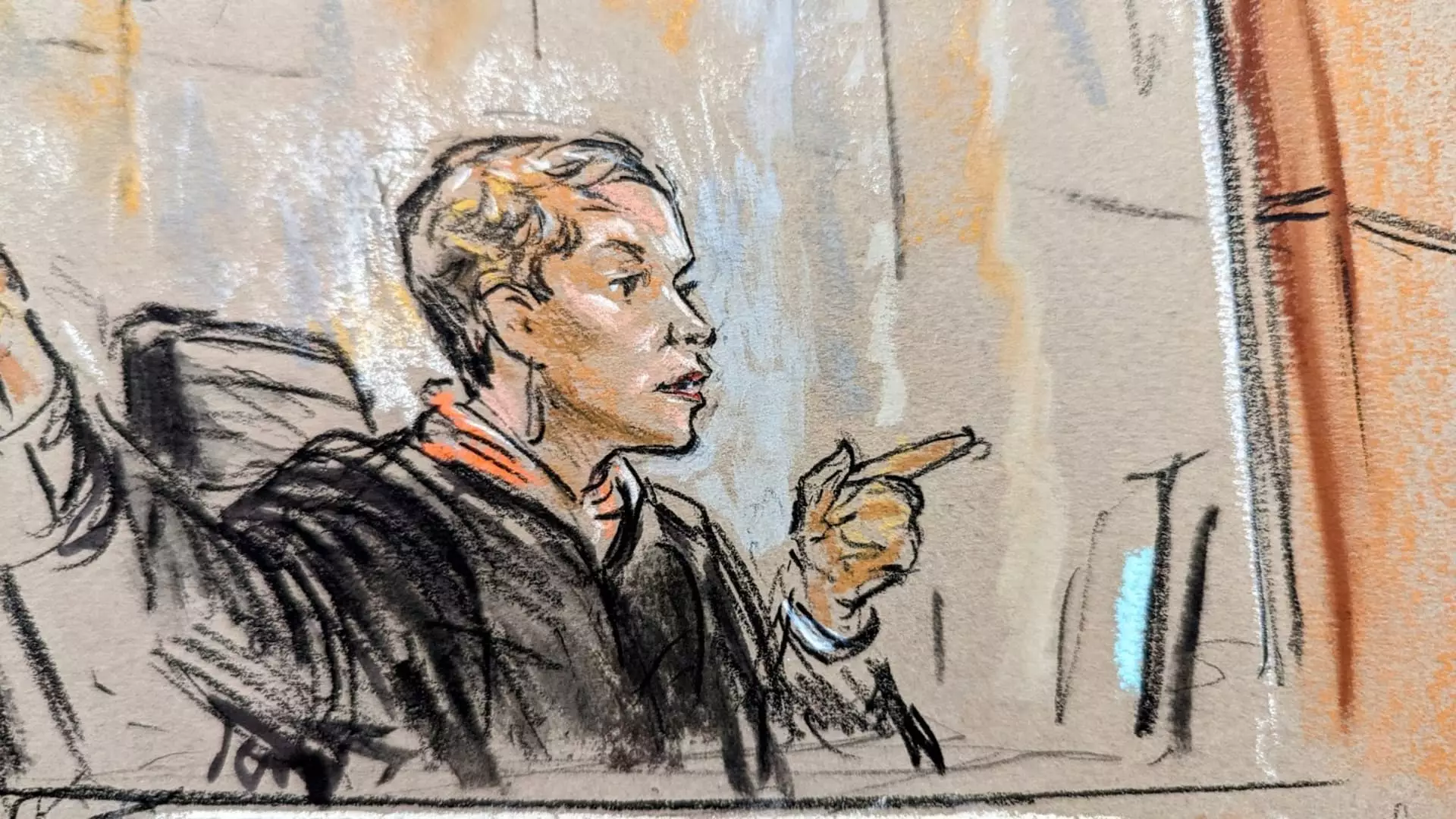In the ongoing saga of Donald Trump’s legal battles, the former president has recently escalated his rhetoric against U.S. District Court Judge Tanya Chutkan, who is overseeing his criminal election interference case in Washington, D.C. Trump’s disparagement is ignited by the judge’s recent decision to unseal a substantial cache of documents that could shed light on the proceedings against him. This situation raises critical questions about the intersection of the judicial process and the political arena, particularly as the 2024 presidential election draws near.
Trump’s assertion that Judge Chutkan is “the most evil person” serves to illustrate a concerning trend where judicial authority is attacked from the highest levels of political leadership. The former president’s public remarks, made during an appearance on Dan Bongino’s podcast, paint a picture of a justice system under siege from political motives. He suggests that the timing of the document release—just days before the pivotal election—was orchestrated to undermine his campaign, indicating a deepening mistrust of the legal system’s neutrality.
By characterizing Chutkan’s actions as politically motivated, Trump not only seeks to delegitimize the judicial process but also cultivates an atmosphere of hostility toward judicial figures. This tactic has the dual advantage of energizing his base, who may perceive his plight as part of a larger narrative of political victimization. It reflects a strategic choice to frame the judiciary as another adversary in his ongoing struggle against perceived injustices.
Trump’s framing of the document release as a form of “election interference” highlights a fundamental paradox in his legal strategy. While he critiques the unsealing of documents as potentially damaging to his electoral prospects, he simultaneously advocates for the concealment of information in a manner that could itself constitute interference with the public’s right to information. Judge Chutkan’s rejection of Trump’s request illustrates a commitment to transparency in judicial proceedings, an essential cornerstone of a healthy democracy.
Chutkan’s ruling emphasizes the notion that withholding publicly accessible information purely due to its potential political ramifications could undermine the public’s trust and willingness to receive justice transparently. Her statement reflects a judicial awareness of the broader implications of their decisions in politically charged cases, ensuring the integrity of the electoral process remains intact.
An essential aspect of the proceedings has been the noticeable absence of substantive legal arguments from Trump’s legal team, as emphasized by Chutkan. The judge suggested that their focus has been more on politically charged rhetoric than addressing the legal questions at hand. This observation raises concerns regarding the effectiveness and professionalism of the defense strategy that Trump has employed in this high-profile case.
The reliance on attacks against the prosecution rather than mounting a robust legal defense may reflect an underlying vulnerability. This strategy often plays well with an audience inclined to view the media and the judiciary with suspicion. Still, it risks alienating rational legal discourse, leaving the impression that the focus remains on public perception rather than legal merit.
Despite Trump’s myriad of accusations against Judge Chutkan and Special Counsel Jack Smith, the integrity of the judicial system relies on its ability to operate independently from political pressures. The comments made by both parties serve as critical reminders that the judiciary must remain free from the fears of political consequences, and decisions must be anchored in law rather than politics.
Chutkan’s previous imposition of a gag order—intended to safeguard the judicial proceedings from external influence—underlines the judiciary’s effort to maintain a level of decorum amidst the turbulent political landscape. The intersection of politics and legal proceedings poses significant risks, necessitating vigilance from all involved to ensure justice is served impartially.
Trump’s public vilification of Judge Chutkan raises significant concerns about the integrity of the judicial process in the face of political maneuvering. As the legal proceedings unfold, the balance between transparency, judicial independence, and the influence of political narratives will determine not only the outcome of this case but also the broader health of American democracy.


Leave a Reply